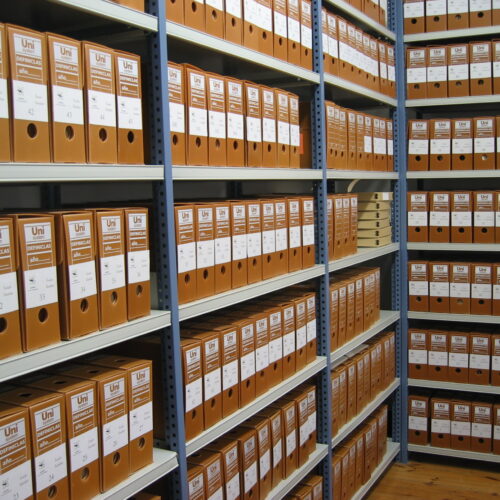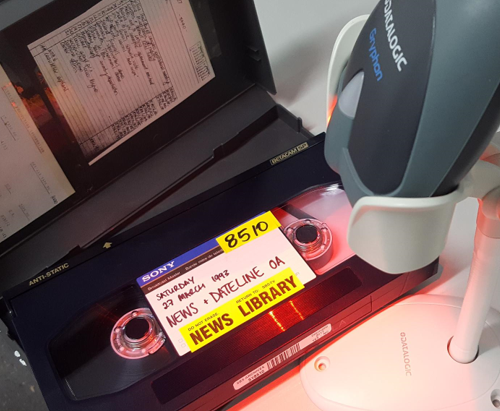
A new report commissioned by the Bill & Melinda Gates Foundation has revealed that mobile money’s global cumulative transaction value grew by 14% last year, reaching a staggering US$1.4 trillion.
The GSMA’s State of the Industry Report on Mobile Money was released on the same day as a forward-looking report from Ericsson and Juniper Research, which predicted that digital wallet transaction value would rise by 80% by 2028.
West Africa, specifically Nigeria, Ghana, and Senegal is the primary driver of growth. According to the GSMA, the region accounted for over a third of newly registered and active 30-day accounts worldwide in 2023. Non-MNO mobile money providers are increasing competition for operators in West Africa, fueling overall market growth.
A report from FXC Intelligence highlighted that digital payment services have expanded drastically in Nigeria, with access increasing from 21.6% of adults in 2010 to 70% in 2020. The government played an important role in this growth by offering mobile money licences in 2011 and issuing 21. In 2020, Nigeria launched its domestic card service to compete with Visa and Mastercard to promote cashless payments and reduce transaction fees.
GSMA director general Mats Granryd noted, “Over the years, Sub-Saharan Africa has been a key driver of mobile money’s success, home to almost three-quarters of the world’s accounts. In the past ten years, West Africa has emerged as a key player, with the number of registered mobile money accounts doubling between 2013 and 2023.” Countries with mobile money services added an estimated US$600 billion to their combined GDP during that same period, US$150 billion of which was in Sub-Saharan Africa.
On a global scale, the GSMA reported that mobile money accounts grew to 1.75 billion in 2023, an increase of 12% over 2022. However, the number of active accounts was much smaller, reaching 435 million, a 9% year-on-year increase. The number of adjacent services is also growing steadily, with nearly half of respondents to a related GSMA survey about the global adoption of mobile financial services saying they offered “responsible credit” services in 2023, up from just over 40% in 2022. Similarly, providers offering savings accounts grew to 44% from 39%, while those offering insurance services rose to 23% from 14%.
Despite the positive trends, the report also highlighted several barriers to adoption, the most significant being a lack of mobile phone ownership. Women are 7% less likely than men to own a phone worldwide, exacerbating the issue. Perceived relevance, digital skills, social norms, and trust levels must be addressed.
GSMA’s head of financial inclusion and agritech, Ashley Olson Onyango, explained that “To ensure mobile money remains safe, accessible, and affordable, there is a clear need for governments and regulators to work with financial service providers to launch financial literacy programmes that can empower underserved populations and improve their financial decision-making.”










